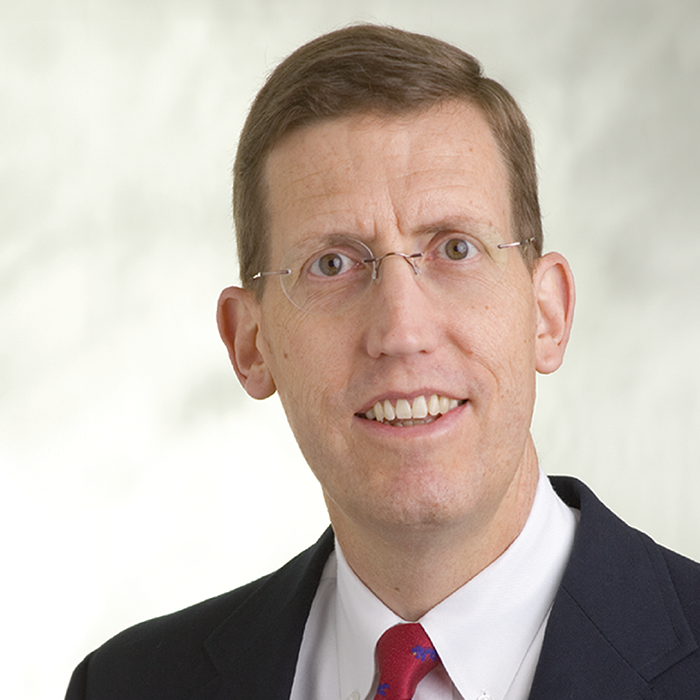
David J. Browning
Put simply, an ophthalmologist’s job is to treat patients with diseases of the visual system and to restore sight. But this is only possible when adequate resources are available. The physician supplies knowledge, time, and energy, but a healthcare infrastructure must exist to support their efforts. Formerly in the US, physicians typically owned their offices and had the power to schedule the use of hospital facilities. In recent decades, however, this has changed – most ophthalmologists now only have the power to schedule care for patients who pay. Uninsured and under-resourced (often immigrant) patients are left to navigate a bureaucratic labyrinth that is seemingly designed to impede delivery of care.
One problem is office ownership. This is increasingly shifting to hospitals, private equity groups, or other entities that now hold power over the physician and can deny access to the uninsured. In surgery, hospitals and ambulatory centers implement screening protocols to determine the financial resources of prospective patients, with non-clinicians commonly setting the rules for who can and cannot receive charity care. Only in emergency cases can an ophthalmologist conscript hospital resources to care for a charity patient. Often the need for care is not emergent, but it will become so if continually deferred and eventually it will lead to a decline in the quality of treatment.
In my view, there are two possible solutions. The first is for the US to adopt universal health care, changing the national mindset from health care as a privilege to health care as a right. All developed nations, except for the US, take this approach. But the US has moved in this direction very haltingly – from the initiation of Medicare in 1965 to the Affordable Care Act in 2010. In 2024, 28.6 million people (8.5 percent of the US population) remain uninsured.
The second solution would be to reform the current system of fragmented and incomplete insurance for US residents. This approach involves giving responsibility for patient management back to the physician. Moreover, if a physician is willing to provide charity care, the hospital or clinic where the physician is employed should support this decision instead of erecting financial barriers.
A follow-up reform could see private practitioners commit to providing charity care. It is not tenable to refuse care locally when it is possible, instead referring charity patients to training programs that are often far away. But this reform would only work if local hospitals contribute to the cost of emergency room calls. The Lown Institute has shown that nonprofit hospitals are amply resourced to do this when they are granted tax relief for the charity care they provide. Clearly, this short opinion piece cannot spell out the difficult work of negotiating what a fair payment of the hospital to the covering ophthalmologist is, but it is certain that mandating taking calls for free is not the balance point.
